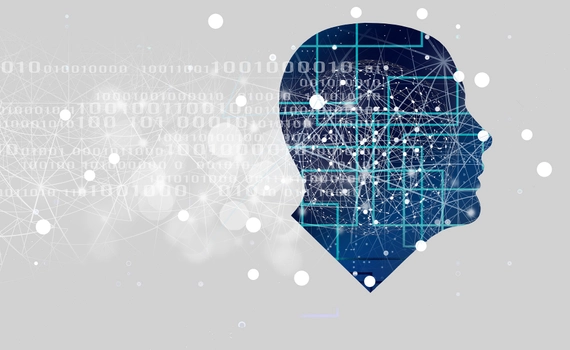Generative Adversarial Network (GAN) models have shown to be effective in a wide range of machine learning applications,and tabular data generation process has not been an exception. GANBLR is a new state-of-the-art tabular generation model. It uses the Bayesian Network as the generator which is trained adversarially against the discriminator. The GANBLR can not only address the interpretation limitation in existing tabular GAN-based models but can provide capability to handle explicit feature interactions.
Learn More
Learning activities in this unit are designed for students to develop knowledge and skills in reviewing tabular data such as relational database, distributed storage and computing platforms with materials on Apache Spark. In learning data analytics, students will use feature selection, data reduction and machine learning methods. Students will also have the opportunity to learn advanced concepts in prediction, and to learn frequent pattern discovery using latst mining algorithms on Big data platforms.
Learn MoreTheoretical unit on PAC learning, statistical learning theory, no free lunch theory, non-uniform learning etc.
Learn MoreThis short course will cover foundatinal knowledge on differential privacy.
Learn MoreAdvanced privacy preserving techniques, including local differential privacy, Renyi differential privacy, Gaussian differential privacy and more.
Learn More
This unit is on the fundamentals of automated pattern recognition and its associated topics such as object characterization. We discuss the basic statistical pattern recognition theory and frameworks. Then, we will focus on generative methods based on Bayes decision theory and related techniques of parameter estimation and density estimation. Then, we will focus on discriminative methods such as support vector machine and non-parametric techniques.
Learn MoreThe unit will cover the deep learning models, training algorithms, CNN/RNN/VAE/GAN models, together with popular deep learning packages.
Learn MoreOur service offerings to enhance customer experience throughout the product lifecycle includes – test and repair, service management, and end-to-end warranty management.
Learn MoreOur service offerings to enhance customer experience throughout the product lifecycle includes – test and repair, service management, and end-to-end warranty management.
Learn More
FLIP (00) is an introductory course on data science. It mainly covers LaTeX and Git, Python Basics, Data Science, Data Visualization, Linear Algebra and Probability theory. Trainees who have completed this course will be able to do entry level data collection, data preprocessing, and data visualization, and are capable of collaboratively scientific report writing.
Learn MoreFLIP (01) is an advanced theoretical and practical application course of data science. It will cover related theories in pattern classification, machine learning and convex optimization. In addition, it will cover web crawling, natural language processing and machine learning workflow framework -- MLflow.
Learn MoreFLIP (02) is an advanced theoretical course in deep learning. It mainly includes machine learning, deep learning, natural language processing and reinforcement learning.
Learn MoreFLIP (03) is on graphical models, Bayesian nonparameteric methods and causal inference. Theoretical coverage will be the main content, and trainees are expected to identify appropriate tools/packages to implement related functions.
Learn MoreFLIP (04) is an advanced internal course. It will cover the mathmatical knowledge relevant to machine learning and artificial intelligence: group theory, topology, real analysis, and matrix anlaysis.
Learn MoreFLIP (05) is an advanced internal course. It will cover the mathmatical knowledge relevant to machine learning and artificial intelligence: algebraic statistics, optimal transport theory, etc.
Learn MoreFLIP (06) is internal lab event, where students can share the readings of latest literature, and practise the presentation skills.
Learn MoreFLIP (07) is internal lab event, where students can practise the reviewing skills for academic papers, project proposals, academic thesis etc.
Learn More
